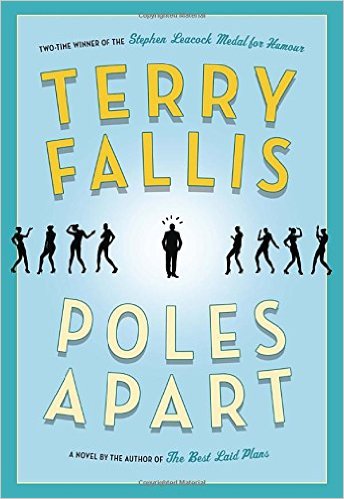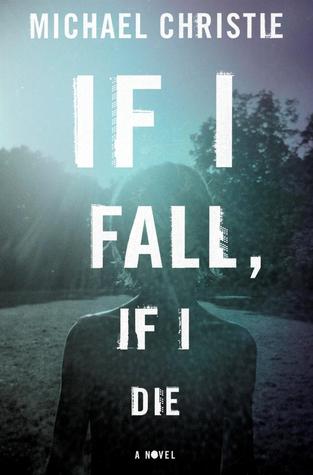A new feminist blog becomes an overnight sensation when a wildly popular talk show host stumbles upon it, tweets about it, and promotes it on her show. But, who, exactly, is the Eve behind the blog Eve of Equality? This pleasurable and smart story offers a timely commentary on a subject that is flooding our headlines, newsfeeds, Twitter streams, and conversations.
To be honest, I have never thought that feminism issues still widely exist. Today, we have many successful women world leaders. Chancellor of Germany Angela Merkel, US president candidate Hillary Clinton, and previous British Prime Minister Margaret Thatcher are just a few to be named. However, the synopsis of Poles Apart drew me to the topic, and I didn’t regret that I had spent my precious summer outdoor time reading this book. One of Fallis’ strengths is his ability to make serious loaded subjects into delightful gentle reads without compromising the overall impact. Poles Apart has offered me new perspectives on feminism. After I read the book, I now think that feminism issues do still exist, but it’s just in a much subtler way. The novel demands me to rethink some touchy social topics, such as legalizing prostitution. It also confronts my feeling on choices such as a man versus a woman staying home full-time to take care of children and household duties.
I did read some critical reviews that commented the novel was not as suspenseful and realistic as it should be. I understand where these comments are coming from, but I also want to say that Fallis is clearly not writing a thriller. I guess the best thing about fiction is the author is free to depict a world that he thinks we should have instead of the stressful reality that we are currently in. There is nothing wrong to offer some fantasy and hope. I agree it would be nicer if the novel had a climax with more tension, but I think the plot did offer some interesting drama and twists, for example, the dance pole that intruded into Everett’s apartment and the little romantic story between Everett and Megan. I think Beverly’s relationship with her son is especially thought provoking and revealing the reason behind has made the plot quite engaging. I believe this part also serves to prompt the audience to think deeper after hearing the optimistic story about Everett’s mother – I often hear women’s struggles about balancing between taking care of their families and having successful careers, but I don’t hear many of these stories from men. I am sure men also have regrets on such choices, but people’s perception on what women should choose and sacrifice seem to quite different than what they expect from men.
I must also say that Fallis is very good at creating endearing characters who have faults. Everett is lovely but his random crush on Shawna is just hilarious. Everett’s parents are a bit too stereotype to me, but I do love these strong-minded but funny people …
Check out more titles from our Great GTA Authors. You won’t be disappointed! Also check out a CBC reading list from Terry Fallis on the books that made him a feminist.
Discussion questions:
- What is feminism to you? Are there any personal experiences that you would like to share with us?
- Fallis offered many details in his writing, for example, how Everett blogged and how Everett’s father got trained to recover from stroke. What do you think about these nuances?
- Everett was lucky enough to have great friends like Lewis and Shawna from the XY club. What if he actually encountered some real organized crime people? What would you think the storyline might have been changed to?


 I admit I didn’t know much about Gloria Steinem before picking up
I admit I didn’t know much about Gloria Steinem before picking up  Thunder Bay is a long, long way from southern Ontario. Almost 1000 km sit between it and Toronto, and the difference between the two is something author Michael Christie is very familiar with. Christie was born and raised in Thunder Bay, and his portrait of it always feels entirely authentic, if quite unflattering. The city is not the focal point of
Thunder Bay is a long, long way from southern Ontario. Almost 1000 km sit between it and Toronto, and the difference between the two is something author Michael Christie is very familiar with. Christie was born and raised in Thunder Bay, and his portrait of it always feels entirely authentic, if quite unflattering. The city is not the focal point of